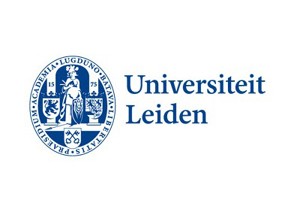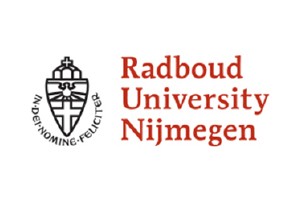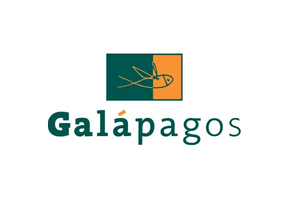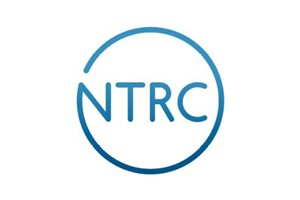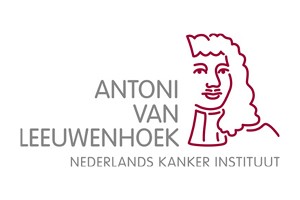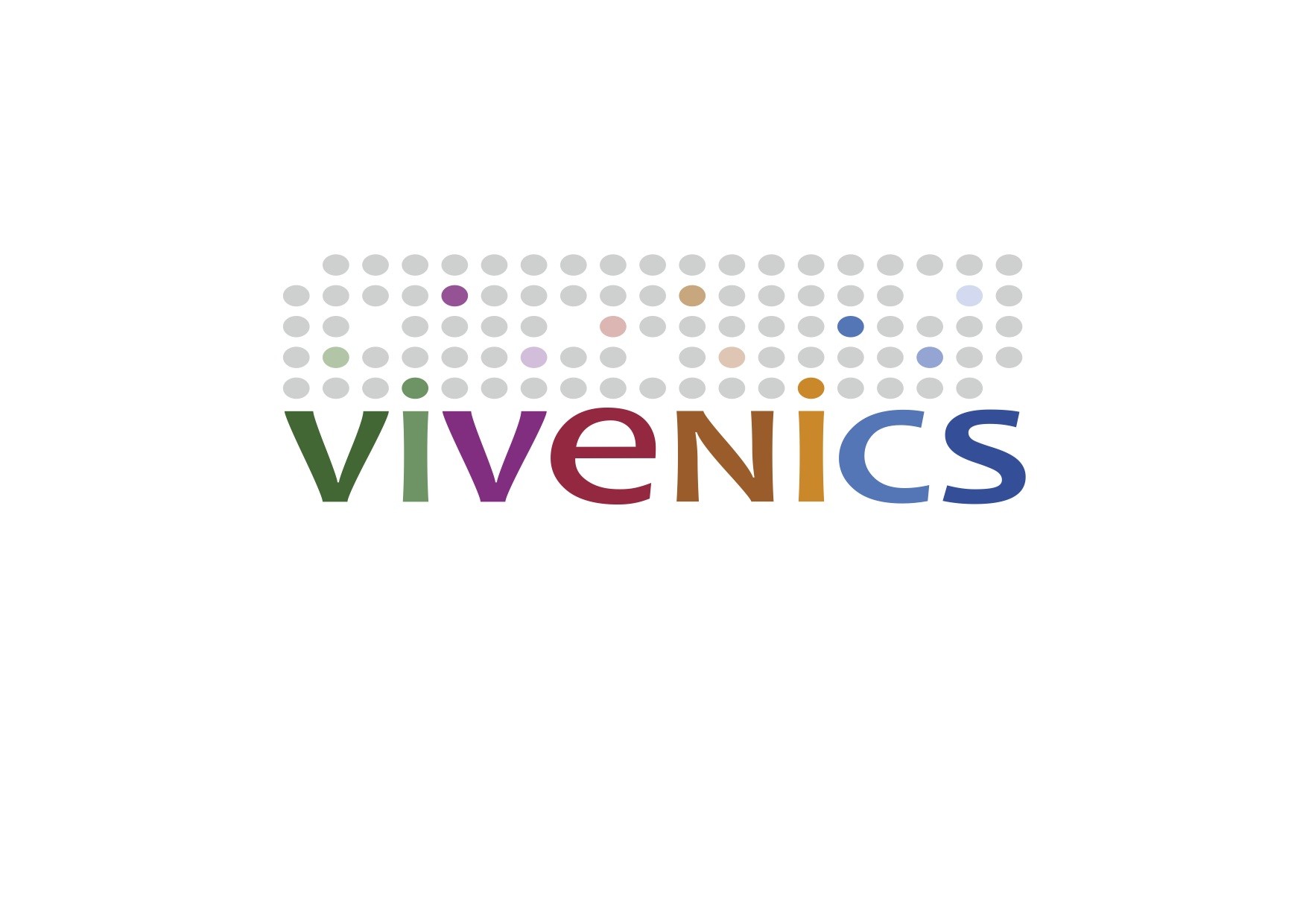The allure of traveling the globe is multifaceted, ranging from the sheer joy of a leisurely vacation to the indispensable realm of business trips that thousands embark on annually. As a result of the COVID-19 pandemic, professional communication has experienced a significant transformation, introducing an era where video and teleconferencing have become commonplace. However, they still fail to replicate the profound impact of in-person, face-to-face meetings. This blog delves into the world of business travel, specifically within the context of drug discovery, unraveling the intricacies of cultural nuances, the significance of personal interactions, and the divergent business cultures of the Dutch and the Japanese.
The Essence of Business Travel: Building Relationships and Trust
In the dynamic field of drug discovery, the justification for business travel is firmly rooted in cultural values prioritizing the significance of in-person interactions. Whether navigating through bustling streets or soaring above clouds, professionals find themselves in motion to partake in in-person meetings, negotiations, and discussions. The tangible outcomes of such endeavors extend beyond mere transactions; they form the bedrock for establishing robust professional connections, fostering trust, and nurturing relationships.
Conferences, events, seminars, and trade shows emerge as pivotal arenas for cultivating these connections. Apart from staying up-to-date on the latest trends, these conferences and events provide a platform for networking with peers and gaining invaluable insights into the ever-evolving drug discovery market. For companies like Pivot Park Screening Centre, the imperative to travel goes beyond routine business operations. It involves traveling geographic boundaries to meet with customers, forge partnerships, and engage with potential clients, all of which contribute to the expansion and sustainability of the business.
Cultural Nuances: A Comparative Analysis of Dutch and Japanese Business Cultures
The interplay of cultural nuances adds a layer of complexity to business interactions, particularly when juxtaposing the Dutch and Japanese contexts. The historical tapestry woven between the two nations dates back to the early 17th century when Dutch traders and merchants first set foot on Japanese soil. This historical exchange, encompassing the flow of goods, art, and scientific knowledge, laid the groundwork for a robust economic collaboration that endures to this day.
Differences in communication styles between the Dutch and the Japanese become apparent in business. The Dutch, renowned for their straightforward communication, stand in contrast to the Japanese, whose communication tends to be more indirect, relying on non-verbal cues. The intrinsic values of harmony and the aversion to confrontation form pillars of Japanese cultural norms, influencing the decision-making process. In Japan, decisions often hinge on consensus, with a profound emphasis on consulting senior members before making pivotal choices. This starkly contrasts with the Netherlands, where decision-making tends to be decentralized and participatory, incorporating input from diverse team members.
Despite these differences, a common thread exists uniting the two cultures – punctuality. Both the Japanese and the Dutch hold punctuality in high regard, viewing it as a sign of respect. Being on time, or even a few minutes early, for a meeting is a shared cultural value that transcends geographical and cultural boundaries.
The Impact of Face-to-Face Meetings: A Catalyst for Relationship Building
In business, a face-to-face meeting is not merely a transactional interaction but a relationship-building conduit. Showcasing facilities, engaging with teams, and personally investing in the interaction amplifies the impact on professional relationships. Forging and preserving relationships in business is a nuanced art, and the value derived from a well-nurtured relationship extends beyond immediate transactions. In drug discovery, where collaboration and trust are paramount, the significance of face-to-face meetings becomes even more distinct.
The intricate dance of cultural nuances, the emphasis on personal interactions, and the imperative of face-to-face meetings intersect to shape the landscape of business travel in drug discovery. As professionals crisscross the globe, each journey becomes a narrative woven into the broader tapestry of global collaboration, cultural exchange, and the relentless pursuit of advancements in drug discovery.
Dutch and Japanese cultures differ significantly, and as a result, there are notable behavioral differences between the two. It’s important to note that these are generalizations, and individual behaviors may vary. It’s essential to approach cultural comparisons with sensitivity and an awareness of diversity within each culture. Additionally, globalization and increased cultural exchange may lead to the adoption of certain behaviors from one culture into another over time.
Here are some broad cultural differences in behavior between the Dutch and Japanese:
Communication Style:
Dutch: The Dutch are known for their direct and straightforward communication style. They value honesty and open discussion.
Japanese: Japanese communication tends to be more indirect and relies on non-verbal cues. Harmony and avoiding confrontation are important cultural values.
Social Etiquette:
Dutch: Dutch society places a high value on individualism and personal freedom. Social interactions are often informal and egalitarian.
Japanese: Japan places a strong emphasis on group harmony and social hierarchy. Politeness and respect for authority are crucial in Japanese social interactions.
Work Culture:
Dutch: Dutch culture emphasizes work-life balance, and employees typically value their personal time. Informality and open communication often characterize Dutch work environments.
Japanese: Work ethic is strong in Japan, and there is a dedication to the company. Overtime is common, and there is a hierarchical structure in the workplace.
Personal Space:
Dutch: Dutch people value personal space and may be uncomfortable if someone stands too close during a conversation.
Japanese: Japan has a high-context culture, and people may stand closer during conversations. However, there is also an emphasis on respecting personal space, especially in crowded places.
Decision-Making:
Dutch: Decision-making in the Netherlands tends to be decentralized and participatory, with input from various team members.
Japanese: In Japan, decisions are often made by consensus, and there is a strong emphasis on consultation with senior members before making significant choices.
Gift-Giving:
Dutch: Gifts are often practical, and there may be less emphasis on elaborate wrapping or ceremonial presentation.
Japanese: Gift-giving in Japan is a significant aspect of the culture, and the presentation of the gift is as important as the gift itself. It is customary to show humility when receiving a gift.
Technology and Innovation Collaboration:
Both Japan and the Netherlands are known for their innovation and technology sectors. Collaborations in research and development, technology transfer, and joint ventures have strengthened ties between businesses in both countries.
Cultural and Academic Exchanges:
Beyond business, cultural and academic exchanges have fostered mutual understanding between Japan and the Netherlands. Educational institutions, museums, and cultural organizations have facilitated these exchanges.
In summary, the business history between Japan and the Netherlands has evolved over centuries, from the early days of trade and cultural exchange to the modern era of strong economic collaboration. Mutual respect, innovation, and a shared interest in promoting economic growth and development characterize the relationship.
While technological advancements have made virtual communication more accessible and efficient, there are still scenarios where face-to-face interactions are essential for building trust, understanding nuanced information, and establishing strong professional connections. Business travel can contribute to the growth and success of a business by allowing individuals to engage in activities that may be more effective in person.
What a unique experience here in Japan. I visited BIOJapan, the EU-Japan Biotech & Pharma partnering conference, and Shonan iPark for Pivot Park Screening Center.
It was a great week of meeting interesting people and sharing knowledge and expertise, all with the mission to discover medicines for a healthier society!
One thing we know now is that business will always continue even when traveling is not possible.
Arigato
ありがとう ございます
Find out how we can support you in your drug discovery process





